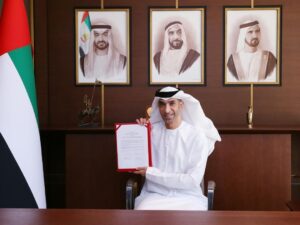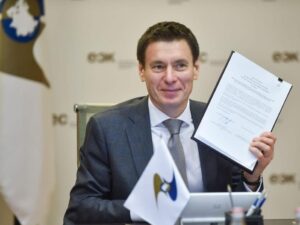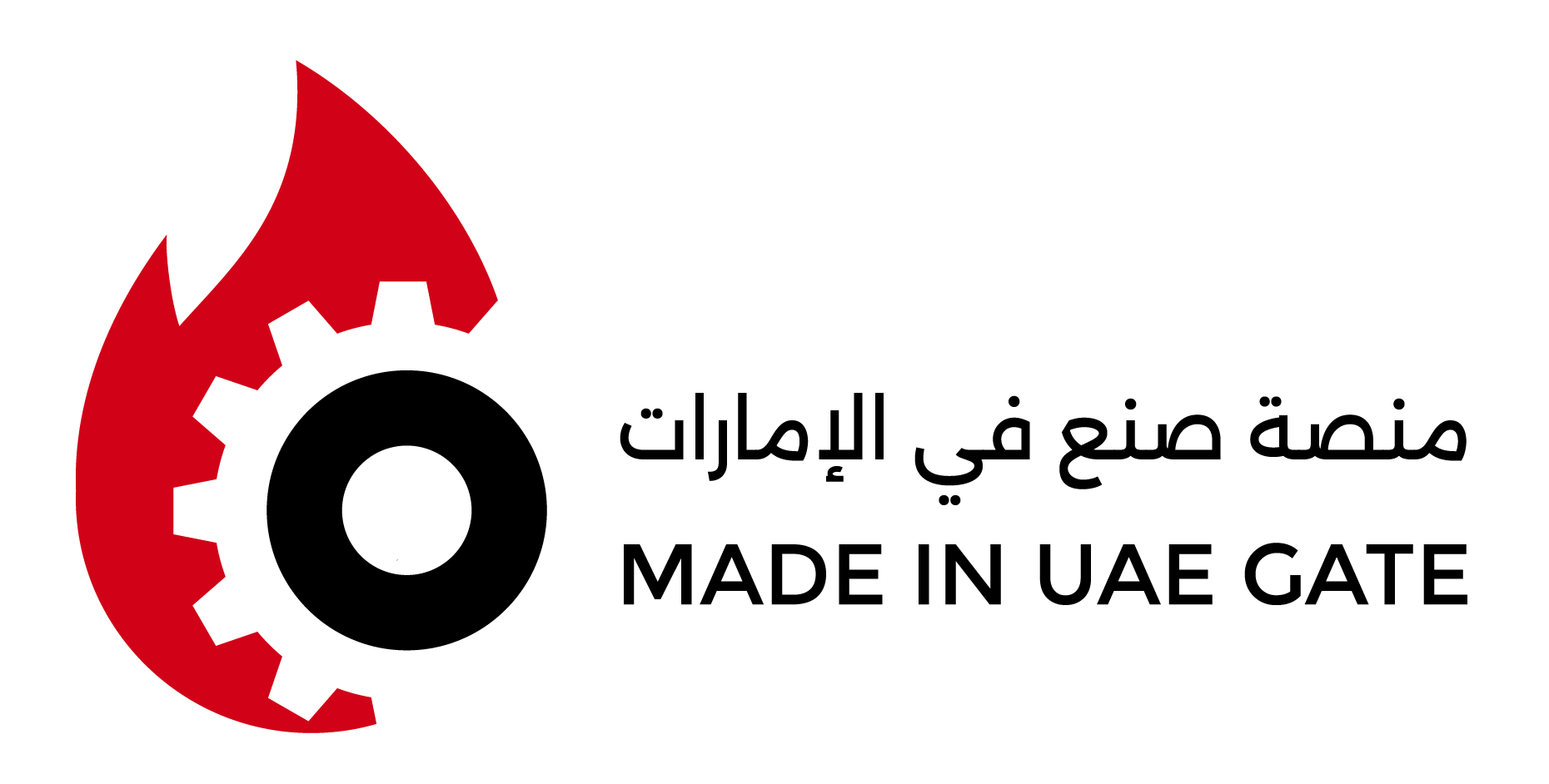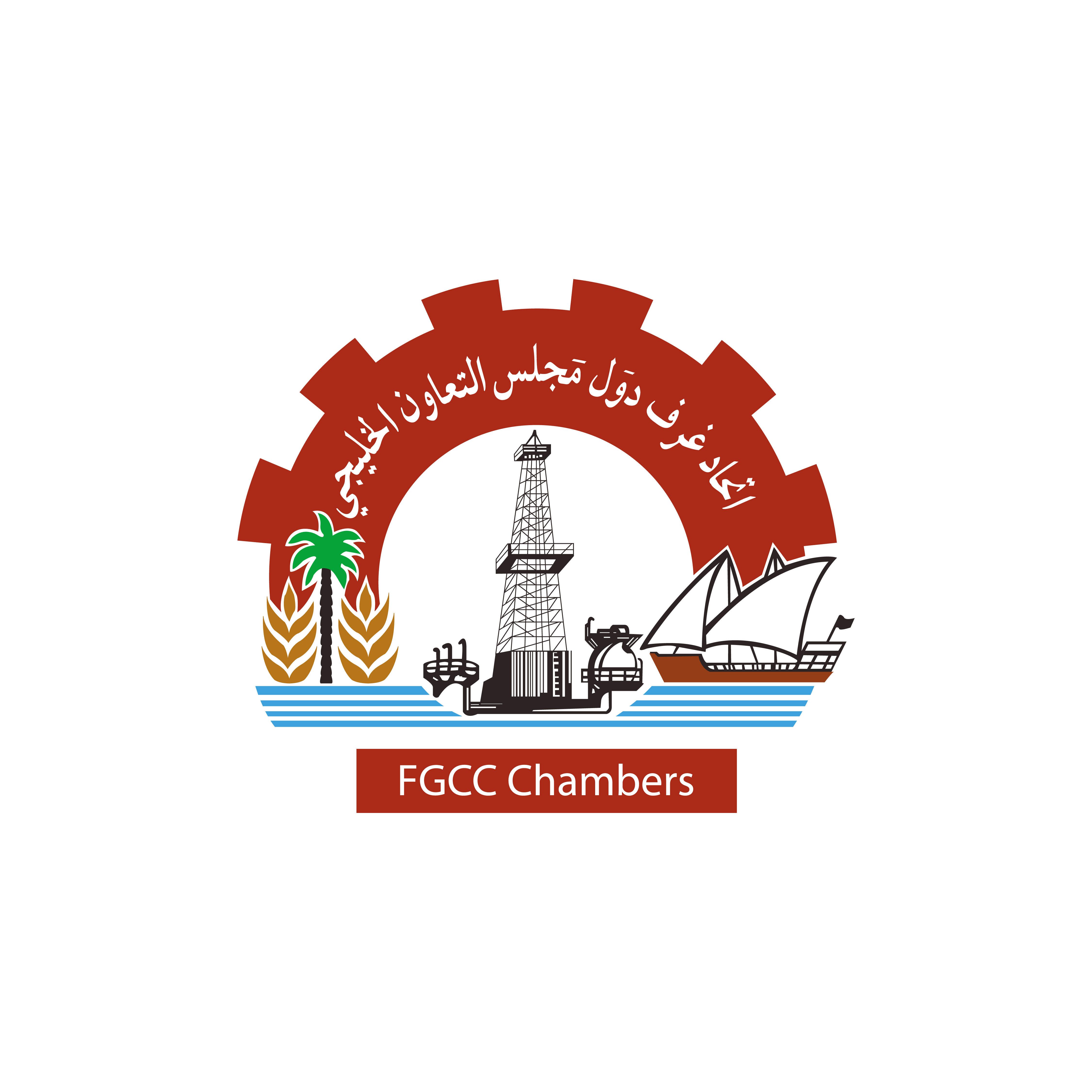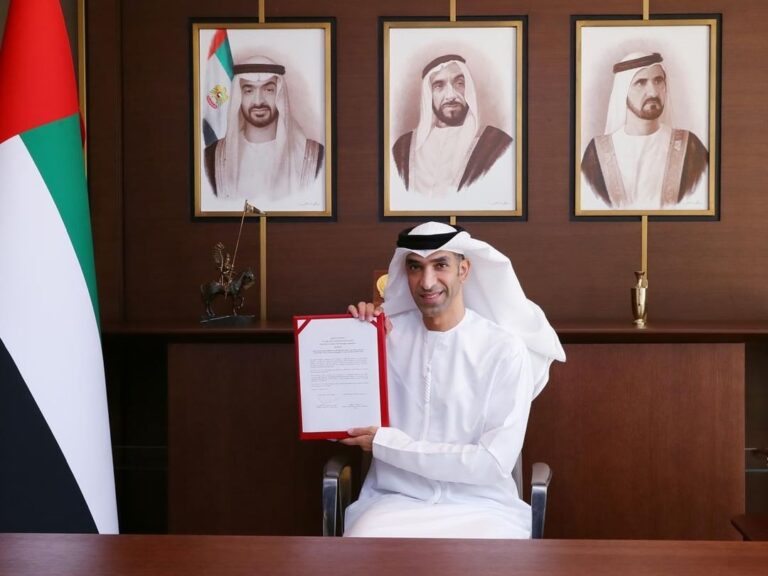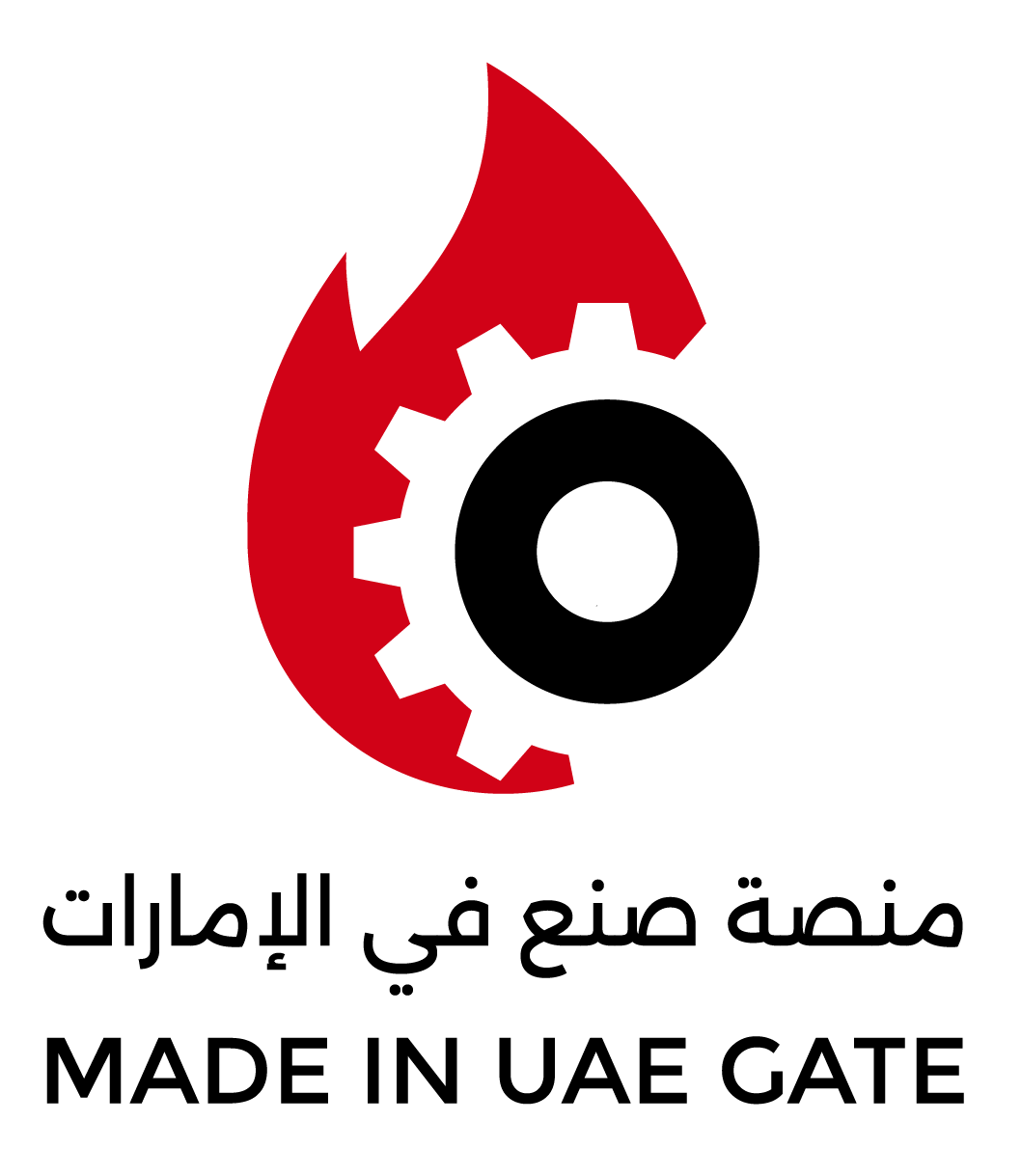The United Arab Emirates and the Eurasian Economic Union (EAEU) have successfully concluded negotiations aimed at reaching a comprehensive economic partnership agreement to enhance bilateral trade in goods between the UAE and the five members of the EAEU bloc, which comprise Armenia, Belarus, Kazakhstan, Kyrgyzstan and Russia
Dr. Thani bin Ahmed Al Zeyoudi, Minister of State for Foreign Trade, and Andrey Slepnev, Member of the Board (Minister) in charge of Trade of the Eurasian Economic Commission, have confirmed the conclusion of negotiations toward an Economic Partnership Agreement (EPA) between the UAE and the EAEU.
Al Zeyoudi stressed that the conclusion of EPA negotiations reflects the UAE’s firm belief in constructive international cooperation and promotion of open, rules-based trade as a cornerstone of global economic growth and stability.
He said, “The UAE and the Eurasian Economic Union have developed a prosperous, productive relationship that is based on a shared commitment to long-term growth and economic diversification. The conclusion of negotiations on an Economic Partnership Agreement between us will deepen these ties and enable us to build on our many synergies.”
“With a combined population of some 200 million people and a GDP approaching US$5 trillion, the EAEU offers a rich seam of opportunity for our private sector, while the UAE and its growing network of global trade partners offers EAEU exporters streamlined access to the competitive, high-growth markets in the Middle East, Africa, Asia and South America. This agreement deepens vital links between the Gulf and Eurasia region, and we look forward to seeing the tangible benefits our deeper ties unfold,” Al Zeyoudi added.
Andrey Slepnev confirmed that the EPA will not only deepen trade relations by improving market access for goods and removing unnecessary barriers to trade, but also provide new opportunities for economic and technological cooperation between countries.
Slepnev said, “The EAEU actively forms a network of economic partnerships with friendly countries. The Economic Partnership Agreement with the United Arab Emirates is a significant milestone, given the UAE’s role as a global hub in the region. The EPA will provide additional boost for mutual trade, which is already showing unprecedented growth, and create systemic basis for cooperative ties.”
Following several rounds of discussions, the EPA reflects deepening ties between the UAE and EAEU. In the first half of 2024, the UAE shared non-oil trade worth US$13.7 billion with the bloc, representing a climb of 29.6% on the same period in 2023.
The deal aims to boost these figures through reducing or removing tariffs, eliminating technical barriers to trade, expanding market access, and aligning customs procedures. The EPA will also seek to harmonise digital trade and e-commerce in addition to creating new platforms SME collaboration.
The agreement reinforces the centrality of foreign trade to the UAE’s economic agenda. The Comprehensive Economic Partnership Agreement program now boasts six deals in force with a further nine signed and awaiting implementation.
The UAE’s expanding network of trade deals resulted in record non-oil trade of AED1.4 trillion in the first six months of 2024, an 11.2% increase compared to the same period in 2023.
